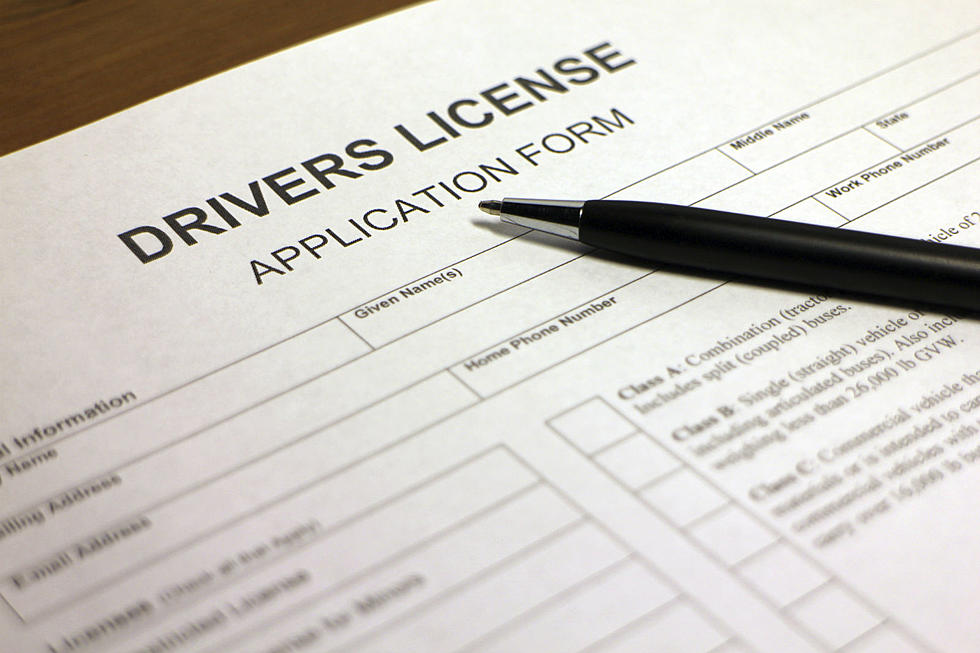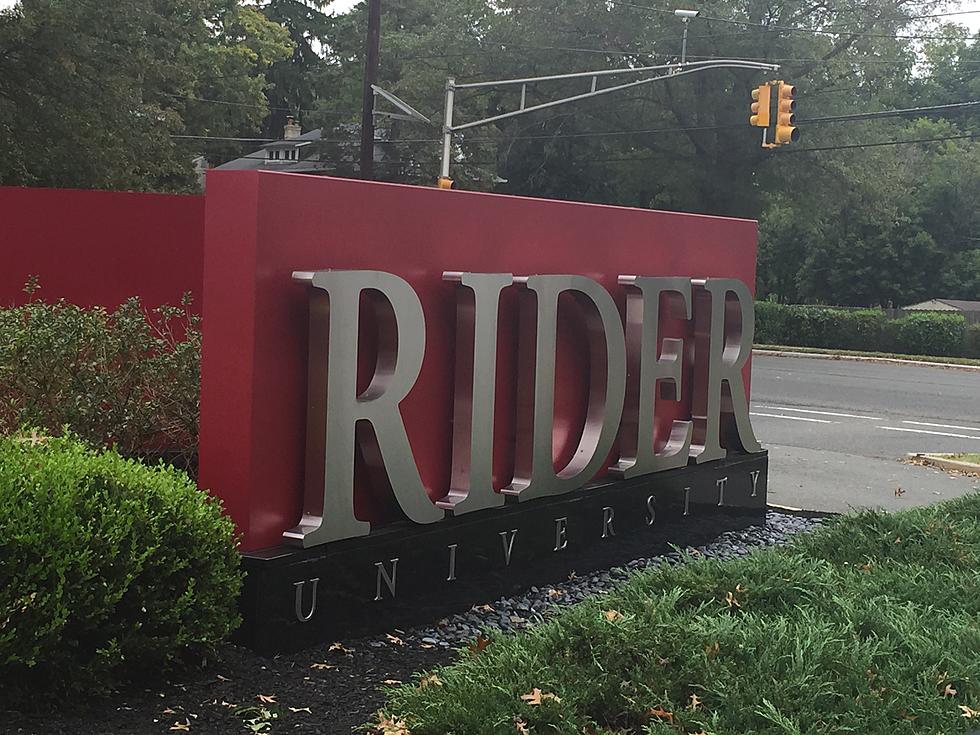
LGBT Americans bullish on marriage equality, survey reveals
The U.S. Supreme Court recently ruled that same-sex marriage is now legal nationwide. A new Wells Fargo & Company survey of Lesbian, Gay, Bisexual and Transgender Americans revealed that many felt optimistic about their financial future, but a large faction of the community didn't fully understand the financial implications of marriage equality.
"Eighty-six percent, nearly 90 percent of those participating in this survey feel that marriage equality will fully improve their financial lives," said Kyle Young, senior vice president/investment officer for Wells Fargo Advisors. "Eighty-one percent of LGBT Americans see that getting married is a huge financial decision."
Just 1-in-3 (32 percent) of LGBT Americans said they fully understand the financial implications of marriage equality and only 29 percent fully comprehend how federal and state laws apply. Seventy-five percent didn't understand how legal marriage affects access and rights to workplace pension benefits and 72 percent did not understand how it impacts rights to inherit money from a spouse.
"Almost 9-out-of-10, 89 percent say it's important to evaluate the financial implications of getting married before doing so," Young said.
Understanding the importance of evaluating those financial implications and actually doing the legwork to understand them appeared to be two different things in many cases. Less than 1-in-5 (18 percent) from the LGBT community actually consulted a legal of financial professional before getting married in states where same-sex marriage was already legal.
The survey included a sampling of LGBT Americans currently in same-sex marriages to explore the impacts so far of marriage equality. Exactly 7-in-10 said they feel better off financially. Marriage equality has also changed how many feel about their lives:
- Seventy-three percent said the legalization of same-sex marriage has changed how they plan for their future;
- Sixty-eight percent said being married has changed how they think about their financial future; and
- Sixty percent said being married has changed how they were planning for their financial future.
Forty-seven percent of survey respondents were not sure if marriage equality would benefit them financially and 52 percent did not feel fully-prepared to make an informed financial decision about getting married. Just 25 percent had fully discussed with their partners whether marriage would be a good financial decision.
"The decision to marry seems to bring with it a level of financial security for same-sex couples," said John Lake, Wells Fargo LGBT Segment Manager in a press release statement. "While LGBT Americans recognize that access to marriage provides certain financial benefits and obligations, there is still a significant knowledge gap around specific issues."
Less than one-third of those surveyed said they had discussed the following:
- Merging all accounts and assets (30 percent);
- Personal feelings about finances (28 percent);
- Debts and joint obligations brought about by marriage (27 percent);
- What they want to save or invest for (24 percent); and
- How much each can, will and wanted to earn (23 percent).
"I think it's important for anyone considering marriage whether you're an LGBT couple or not to sit down with your financial planner, to sit down with your estate attorney and potentially even sit down with your tax professional to get a full understanding of what the financial and estate implications of that marriage might be," Young said.
Many LGBT couples have been together for decades and they are now talking about joining assets or having discussions that for 30 years they simply could not have Young explained.
The national survey of 1,152 LGBT Americans was conducted between April 8 and April 25, 2015. They were ages 25-75 and were the primary or joint financial decision-maker in the household. The sample included 207 who are in same-sex marriages and 301 who are in same-sex civil unions or domestic partnerships or who live with a same-sex partner. The survey also included a national comparison sample of 360 Americans reflecting current Census data for gender, age, race, ethnicity, household income, and region. Assuming no sample bias, the maximum margin of error is ±3% for the LGBT sample and ±5% for the full U.S. sample.
More From New Jersey 101.5 FM









